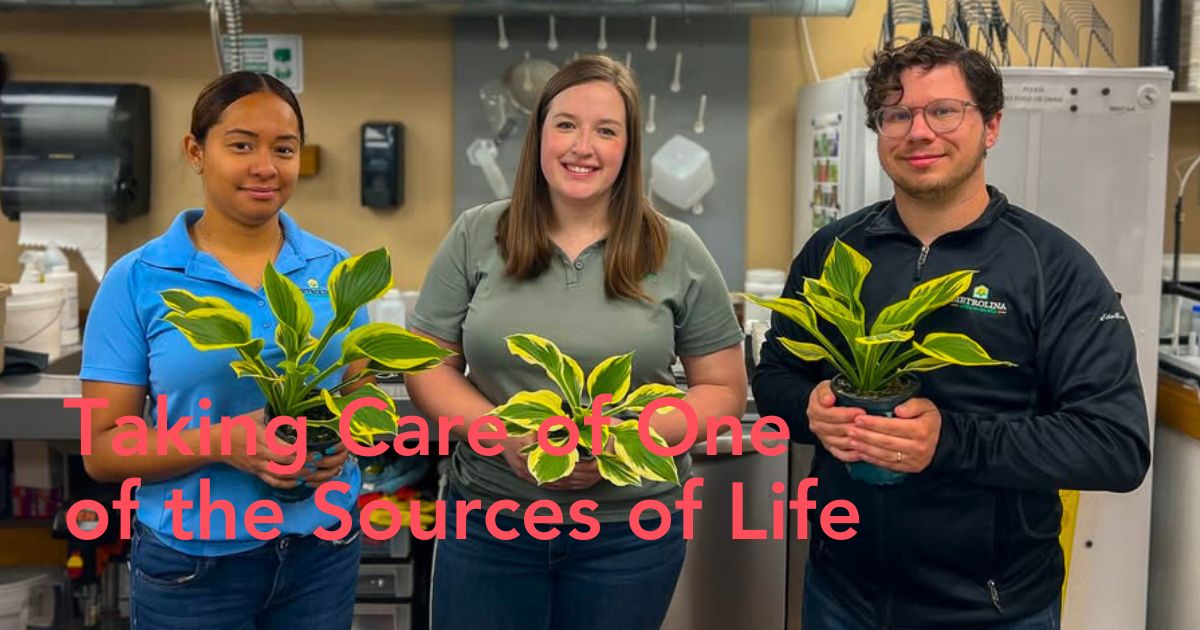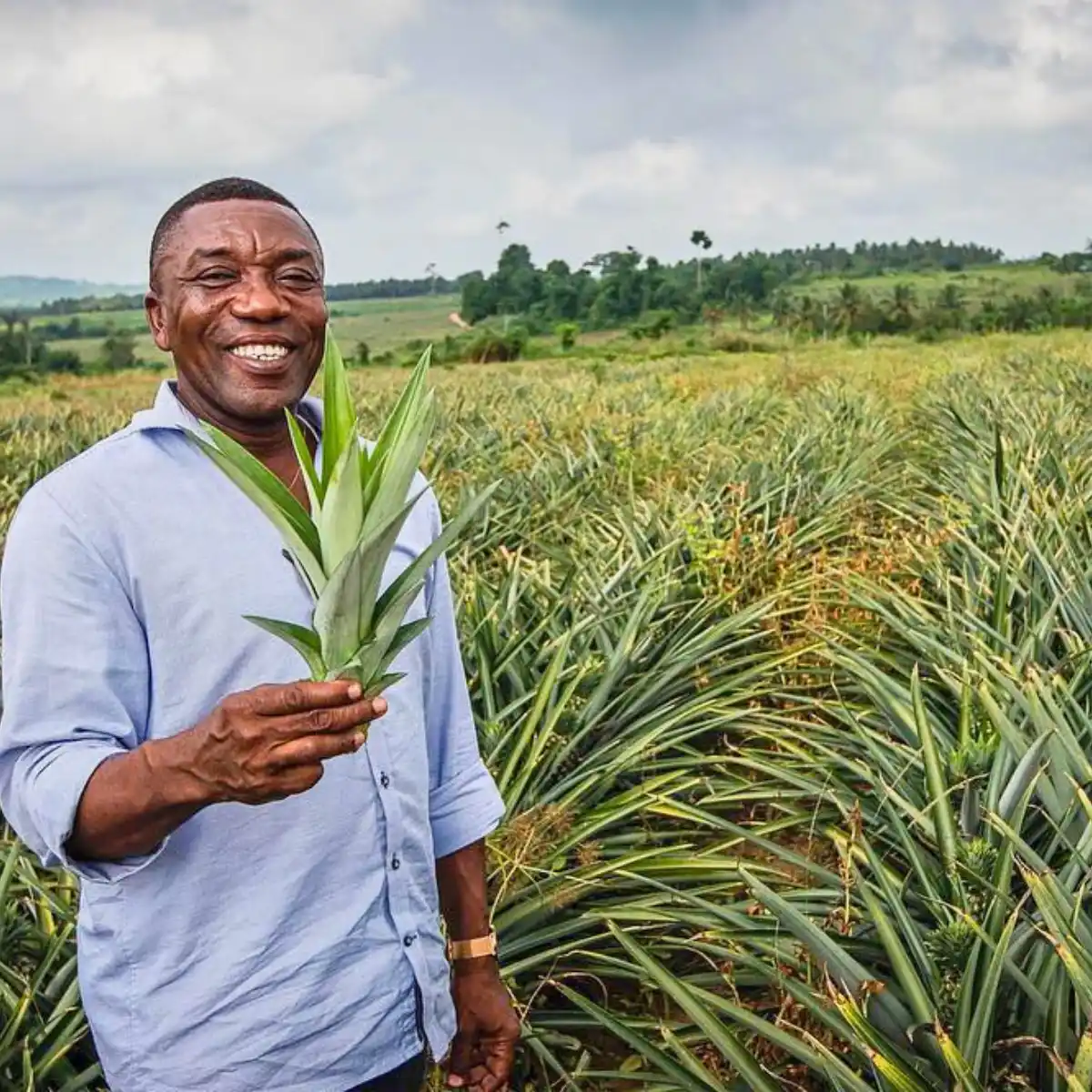Plants play a vital role in humans’ lives, providing up to 80% of the food that people consume, and at least 98% of the oxygen they breathe. They are the foundation of all life on earth, supporting ecosystem functions, food security, and nutrition. Without plants, life practically ceases to exist.
Yet, despite their critical importance, plants face numerous threats, from the devastating impact of climate change to the spread of pests and diseases that can destroy entire crops and ecosystems. It is with this urgent need to protect and preserve the health of our plant life that the International Day of Plant Health (IDPH) was established. It is observed every year on May 12.
The Origin and Significance of the International Day of Plant Health
IDPH was designated by the United Nations (UN) on May 12, 2022, as a key legacy of the International Year of Plant Health 2020. This was a year-long campaign that sought to highlight the critical role that plants play in people’s lives and the need to protect them from the growing threats they face.
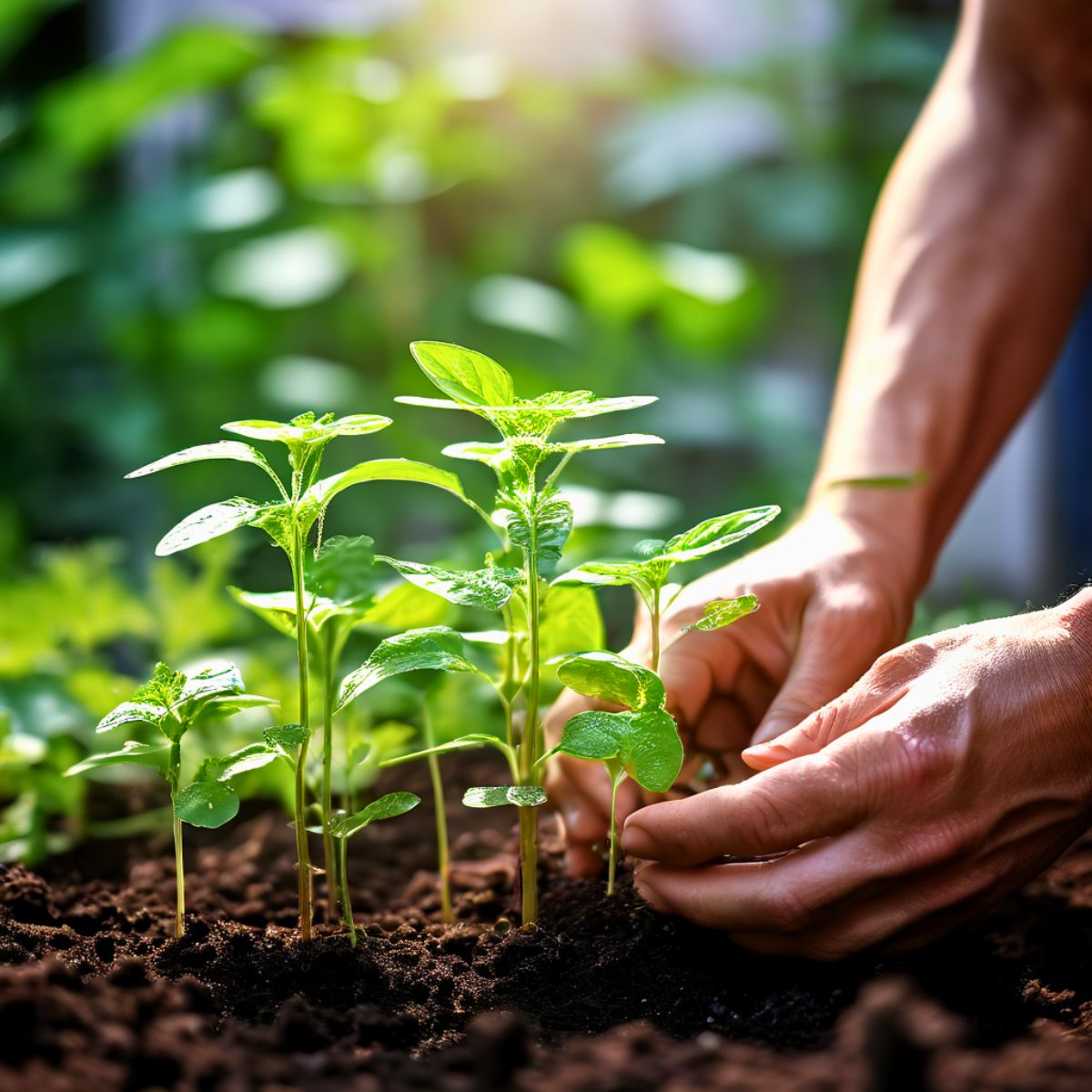
Championed by Zambia, the decision to designate this day was unanimously adopted in a General Assembly resolution co-signed by Bolivia, Finland, Pakistan, the Philippines, and Tanzania.
Henceforth, the day has continued to emphasize and raise global awareness of the importance of protecting plant health and the role it plays in achieving the 2030 Agenda; particularly the second sustainable development goal (SDG2), which is all about zero hunger. The day also focuses on ensuring the health of these plants to help reduce poverty, protect biodiversity and the environment, and boost economic development.
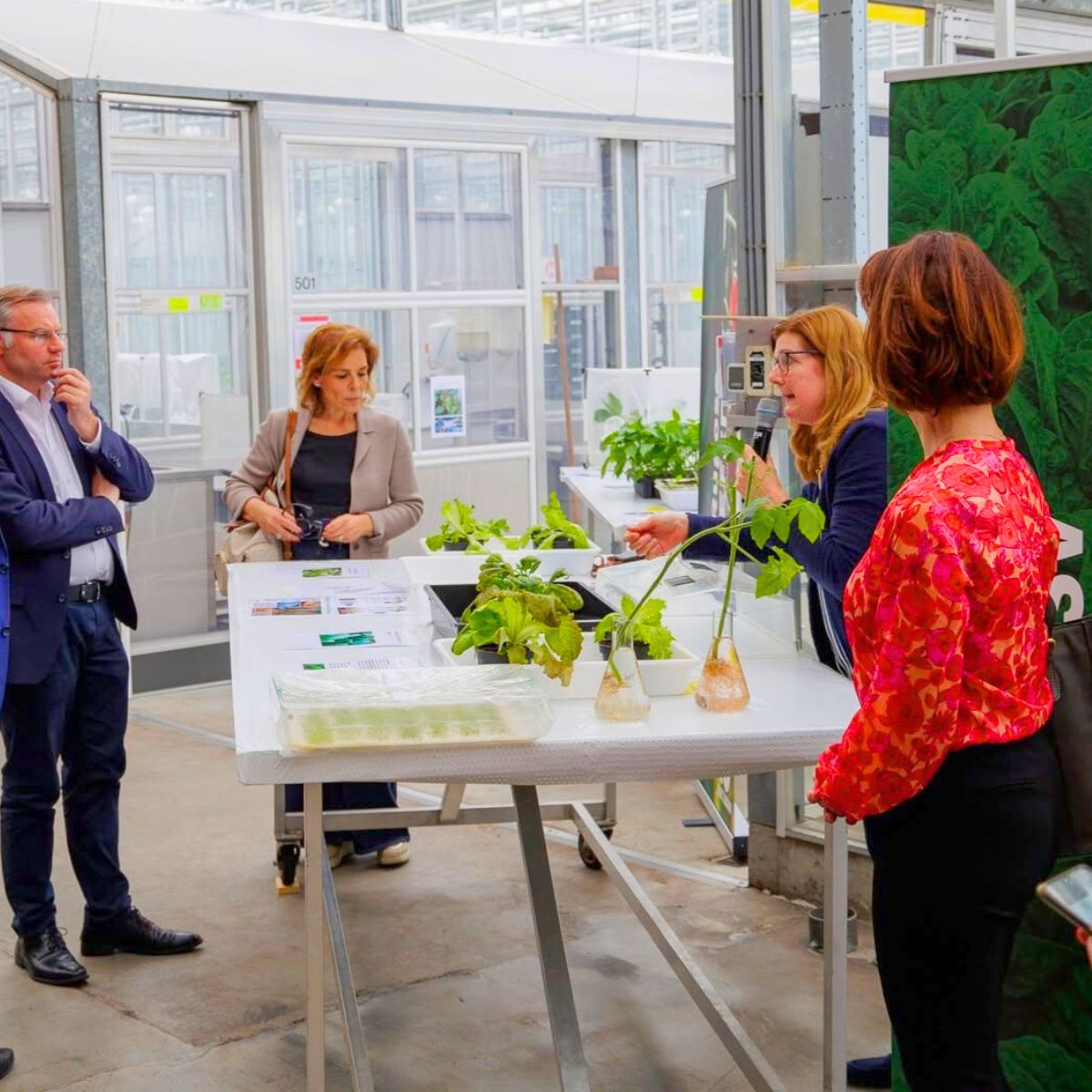
Photo: @rijkzwaan
According to the Food and Agriculture Organization of the United Nations (FAO), the threats to plant health are growing, with climate change, pests, and diseases all posing significant challenges. FAO notes that up to 40% of food crops are lost each year due to plant pests and diseases. This is a disturbing statistic that has far-reaching implications for food security and the livelihoods of vulnerable communities around the world.
An important element of this day is that it promotes global collaboration and international standards for phytosanitary measures (ISPMs) to prevent the introduction and spread of plant pests across borders and to ensure food safety and safe trade for sustainable economies and livelihoods.
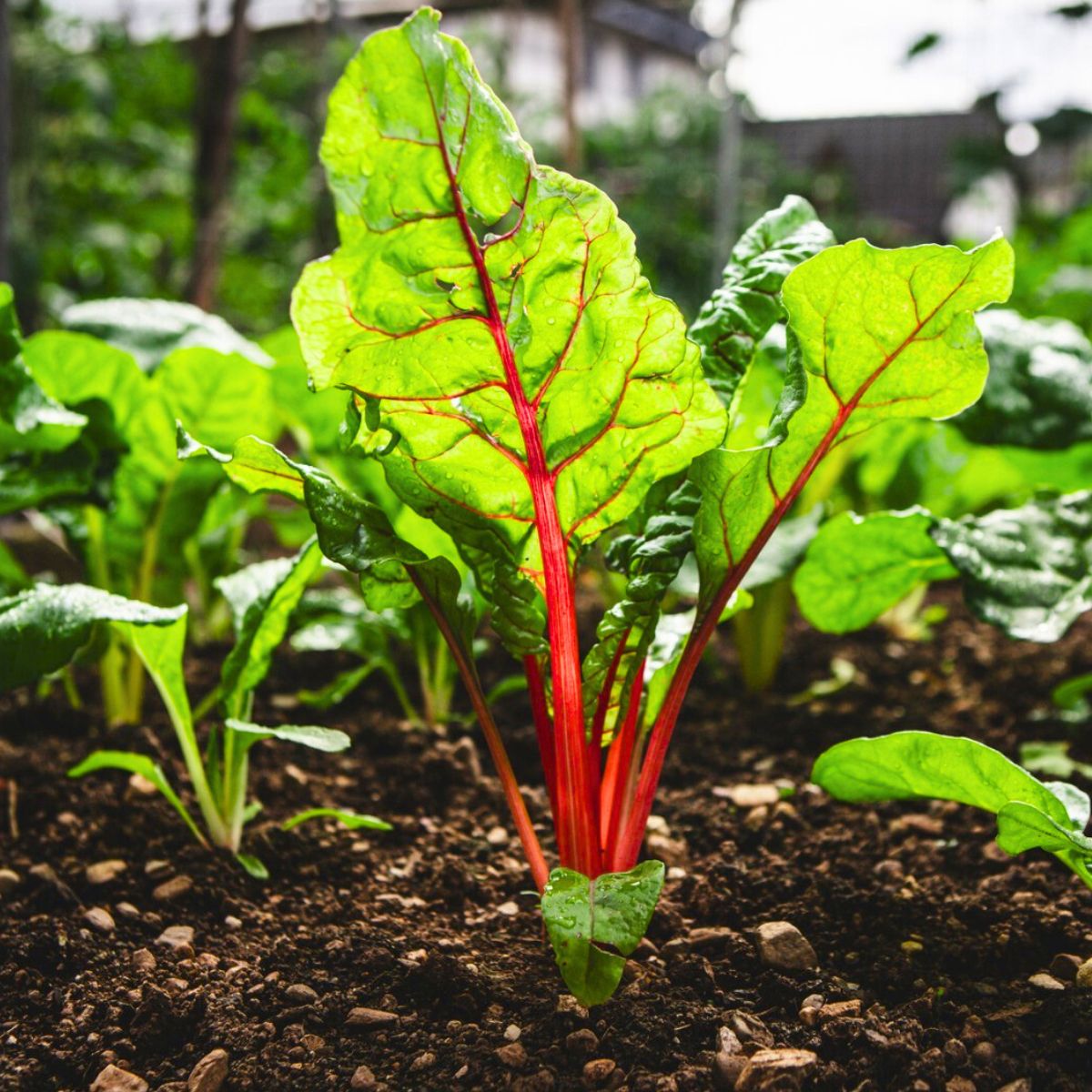
Photo: @surrey_ep
General Observance of the International Day of Plant Health
IDPH is celebrated in different ways across the world, with governments, cities, private businesses, nongovernmental organizations (NGOs), journalists, civil society organizations, and individuals encouraged to participate in its observance by raising awareness and taking action to keep plants healthy. On this day, FAO usually provides a range of multimedia content in numerous languages to support IDPH activities.
In many countries, it is celebrated by organizing events, such as plant health fairs, workshops, and seminars, to educate the public about the importance of plant health and the measures that can be taken to protect it. Schools and universities also participate in the celebrations by incorporating plant health education into their syllabi and organizing activities such as tree planting and gardening.
Video by: @goabsolute
The private sector is also involved in promoting environmentally friendly products and practices, investing in phytosanitary research and development, and implementing international standards for phytosanitary measures in trade.
Further, the transportation and trade sectors are encouraged to contribute to the International Plant Protection Convention (IPPC) standard-setting process and be aware of innovative technologies such as electronic phytosanitary certificates (ePhytos) to ensure safe trade and prevent the introduction and spread of plant pests.
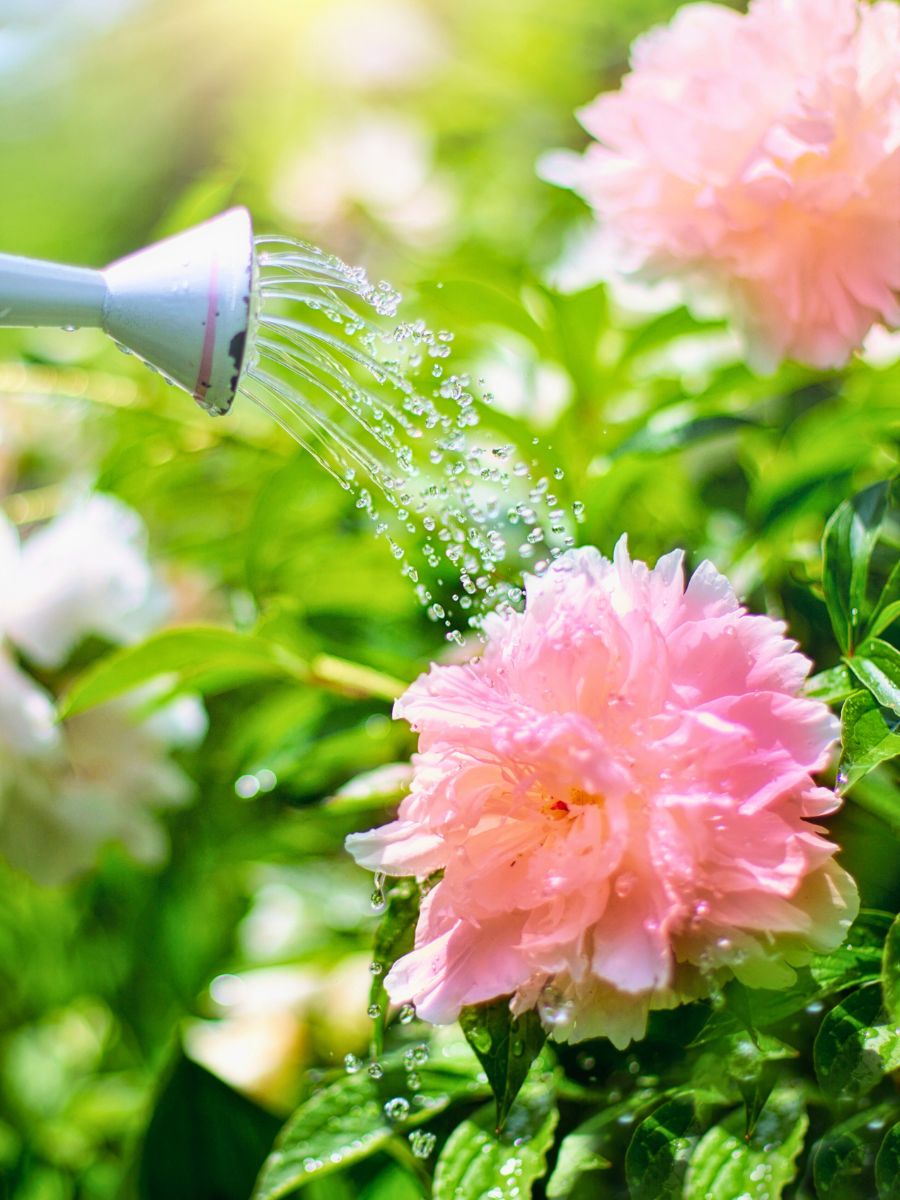
Marking the Day in Different Regions Across the World
One of the hallmarks of IDPH is the emphasis on the role of individuals in protecting plant health. From farmers and gardeners to policymakers and researchers, everyone has a part to play in ensuring the health and resilience of plant life. The day's activities, therefore, often include educational campaigns aimed at teaching the public about the threats facing plants, such as invasive species, climate change, and unsustainable agricultural practices.
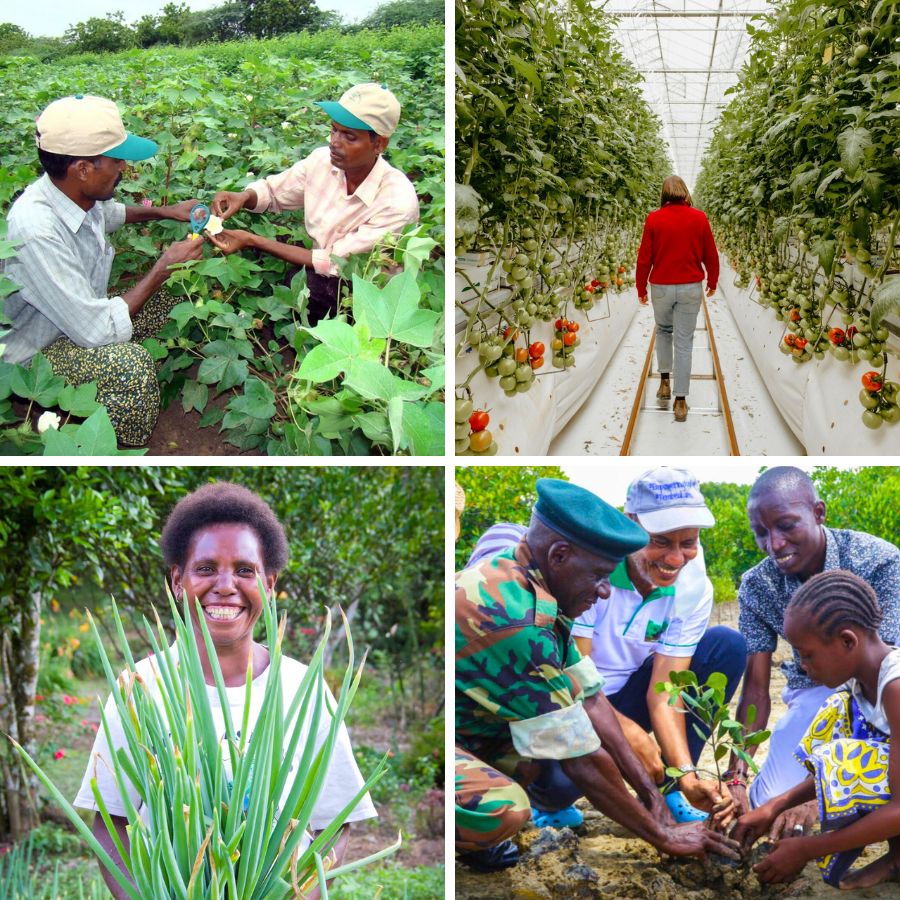
In the United States, the day is celebrated with a variety of events and initiatives. The United States Department of Agriculture (USDA) and other relevant institutions often organize national awareness campaigns and provide resources and information to the public. State and local governments also get involved, with many cities and municipalities hosting community events, such as tree-planting ceremonies and educational workshops.
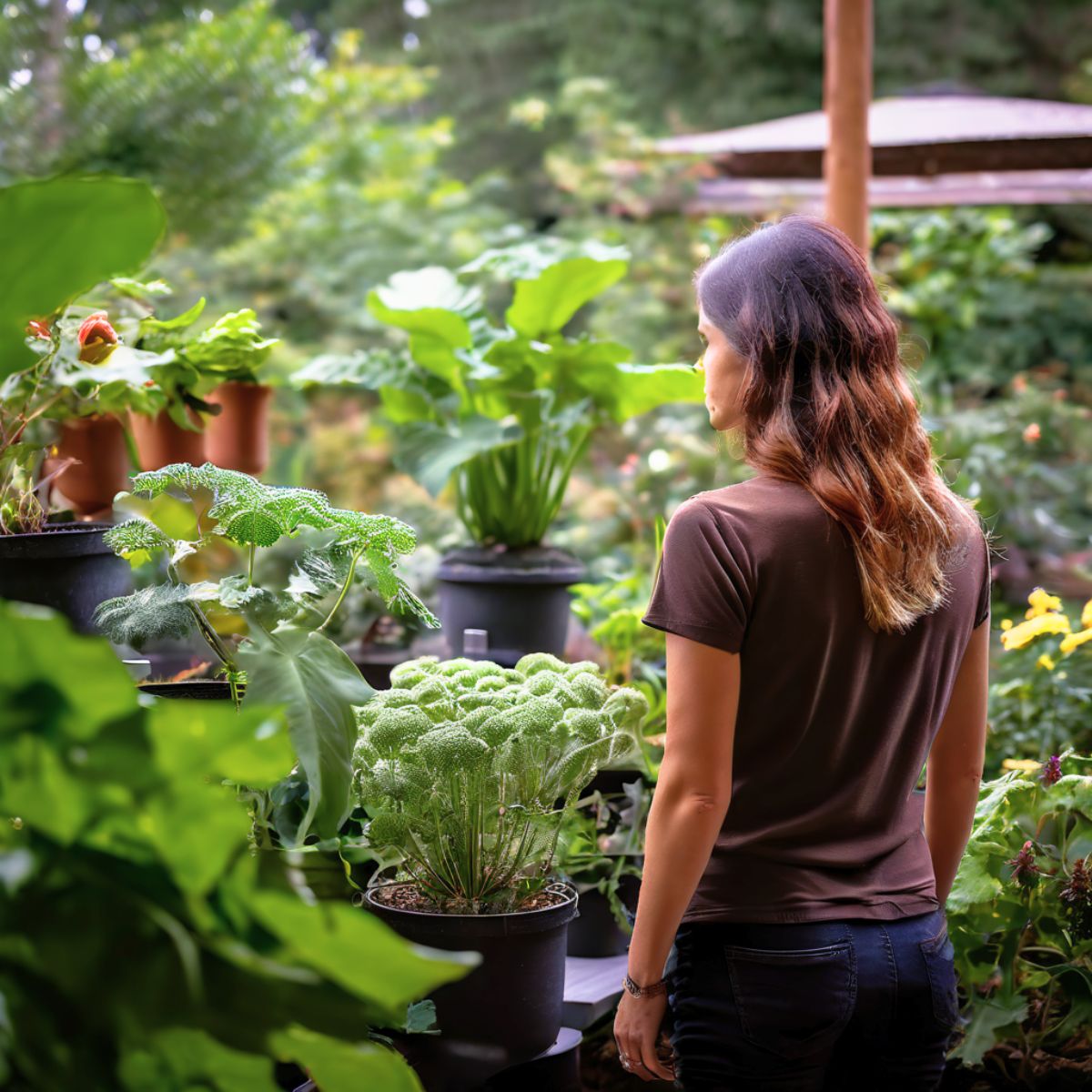
Across the pond, the European Union observes the day with equal fervor. Key stakeholders, alongside national plant health authorities, spearhead efforts to raise awareness and foster collaborations. From large-scale conferences to grassroots initiatives, the celebrations of the day showcase the diverse ways in which plant health can be safeguarded.
In Asia, the day has a particularly strong foothold. In countries like China and India, among others, the day is marked by a range of activities, from school-based educational programs to farmer-focused workshops on sustainable pest management. The region's rich agricultural heritage and the pressing need to ensure food security have made plant health a top priority for many Asian nations.

Across the African continent, it is celebrated with a unique focus on the role of plant health in supporting vulnerable communities and promoting sustainable development. Organizations like the African Union (AU) Commission and the FAO work closely with local governments and community groups to organize events and initiatives that highlight the importance of plant health in addressing pressing challenges, such as food insecurity and environmental degradation.
In Latin America and the Caribbean, the day is equally celebrated, with a strong emphasis on the region's rich biodiversity and the need to protect it. From Brazil's Amazon rainforest to the rich tropical ecosystems of the Caribbean, the day's activities often feature educational drives on the threats posed by invasive species and the importance of sustainable agriculture.
Get Involved in Marking This Year’s International Day of Plant Health
In this year’s celebrations, you too can be a part of this plant health movement by getting involved in different ways.
Firstly, one can commit to plant health by sharing interesting facts and information on social media using relevant hashtags such as #PlantHealth and #PlantHealthDay, or any other hashtags recommended by the organizers. One can also organize an event, such as a plant health fair, workshop, or seminar, to educate the public about the importance of plant health. In such events, invite government officials, educators, scientists, farmers, and private sector representatives to participate in a panel discussion or roundtable.
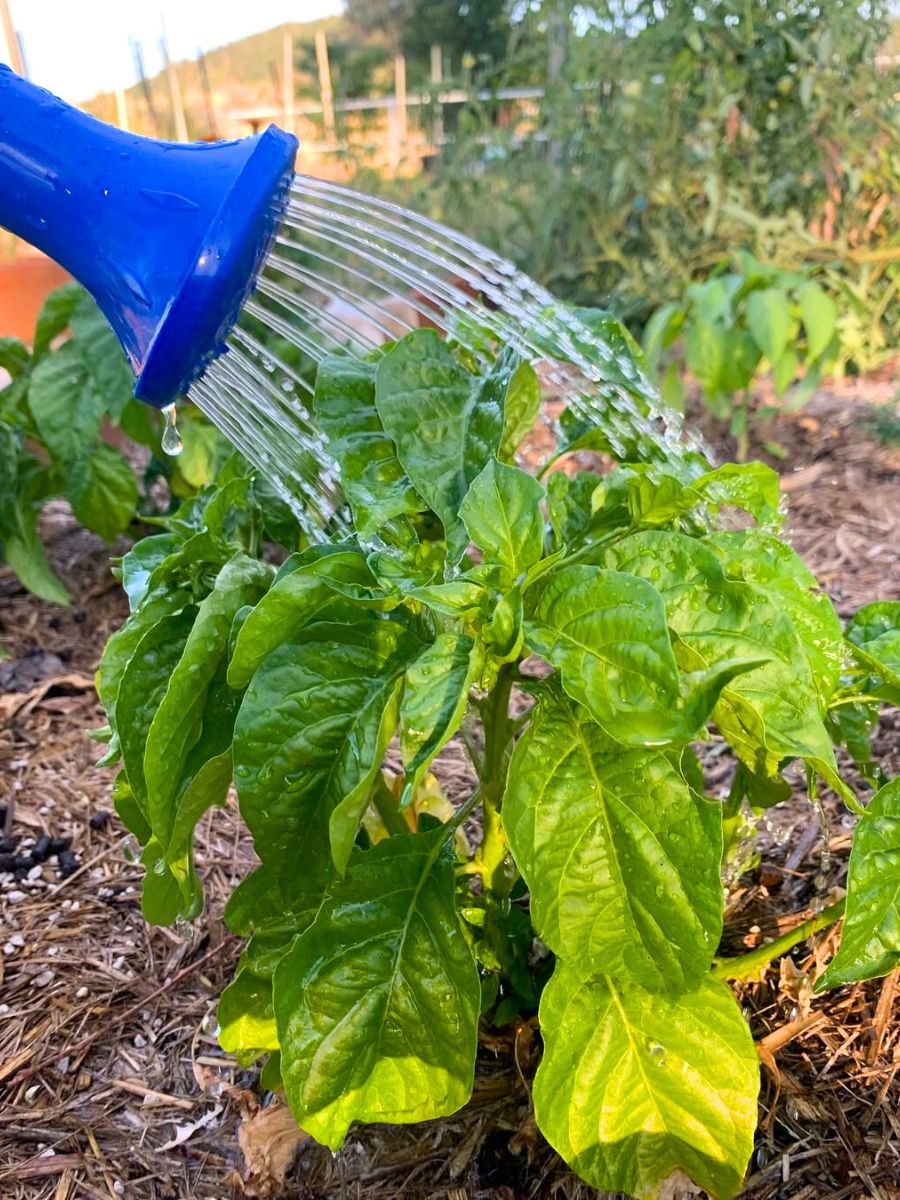
Photo: @montana_springs_farm
Another way to get involved is to invite national or local media to cover an event one hosts or feature an organization's work on protecting plant health. Likewise, one can also bring IDPH to their town or city by approaching local authorities, outdoor advertisers, and transportation companies to display promotional materials, such as posters, web banners, or promo videos, on their platforms. Educators can similarly integrate plant health into their lesson plans or youth activities and celebrate IDPH with their students.
All said and done, plant health remains essential and can never be overstated. It is key to the sustainable development of agriculture required to feed a growing global population and ensure sustainable biodiversity and its preservation. So, getting involved in these activities contributes to the global effort to protect plant health and ensure a sustainable future.

